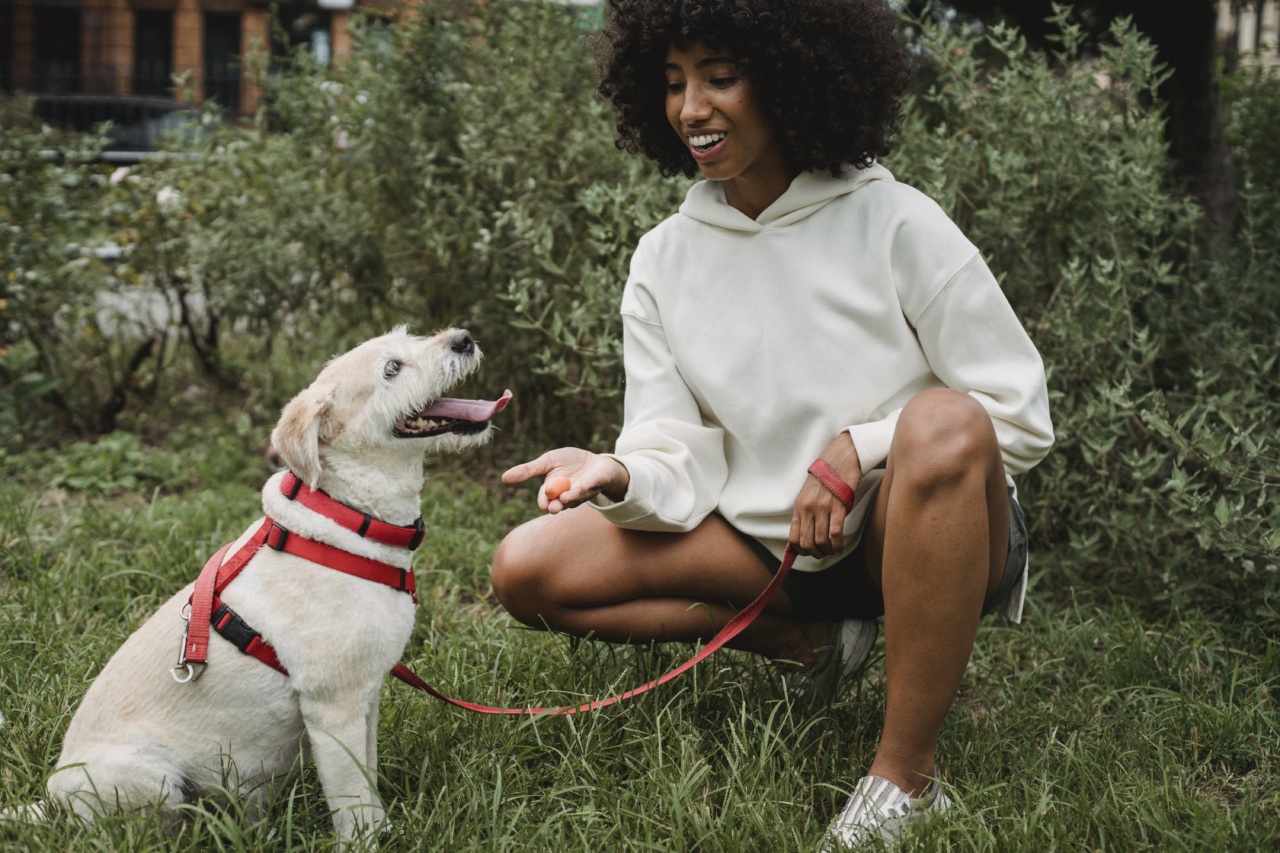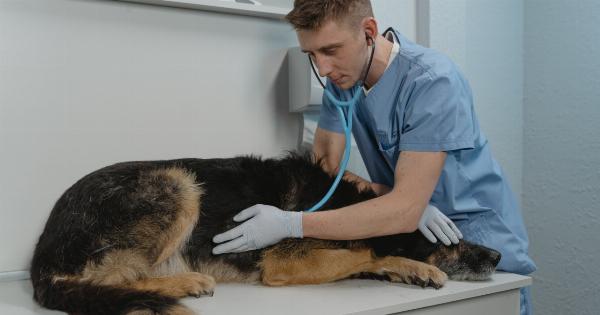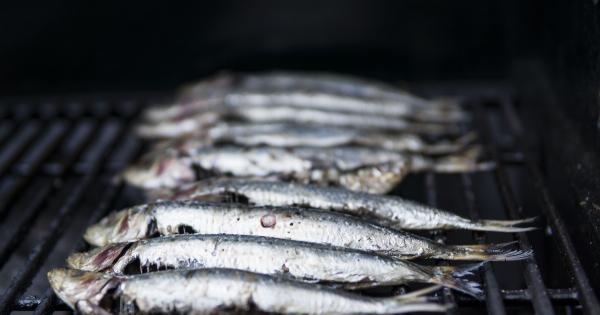As a dog owner, it’s crucial to be aware of the foods that are harmful or toxic to dogs. While some human foods can be safely shared with your furry friend, others can have detrimental effects on their health.
Feeding these forbidden foods to your dog can lead to various issues such as digestive problems, organ damage, and even potential death. To ensure your dog’s well-being, it’s essential to educate yourself about the foods that are off-limits for your canine companion.
1. Chocolate
Chocolate, especially the dark and unsweetened varieties, contains a toxic substance called theobromine. Dogs metabolize theobromine more slowly than humans, making it difficult for them to eliminate this toxin from their system.
Ingesting chocolate can lead to symptoms like vomiting, diarrhea, increased heart rate, tremors, seizures, and in severe cases, even death. It is crucial to keep all chocolate-containing products, including cocoa powder and baking chocolate, out of your dog’s reach.
2. Grapes and Raisins
Grapes and raisins can be highly toxic to dogs, leading to kidney failure. The exact substance responsible for the toxicity is still unknown, but even a small amount can have severe consequences.
Ingestion of grapes or raisins can cause symptoms such as vomiting, diarrhea, lethargy, loss of appetite, abdominal pain, and decreased urine production. It’s best to keep these fruits away from your furry friend’s reach, including recipes or dishes that contain them.
3. Onions and Garlic
Onions and garlic, whether raw, cooked, or in powdered form, can cause damage to a dog’s red blood cells, leading to anemia. Symptoms may include weakness, pale gums, lethargy, decreased appetite, and even blood in the urine.
These vegetables belong to the Allium family, which also includes chives and shallots. It’s important to ensure your dog doesn’t consume any foods seasoned with onion or garlic, such as gravies or seasoned meat.
4. Avocado
Avocados contain a substance called persin, which can be toxic to dogs in large quantities. While the fruit itself isn’t as dangerous, other parts such as leaves, bark, and the pit contain higher levels of persin.
Ingesting these parts can lead to symptoms like vomiting, diarrhea, difficulty breathing, and even a buildup of fluid around the heart. It’s best to keep avocados out of your dog’s reach and prevent them from eating any parts of the plant.
5. Xylitol
Xylitol is an artificial sweetener commonly found in sugar-free gums, candies, baked goods, and some peanut butter brands. This sweetener can cause a severe drop in a dog’s blood sugar levels and even lead to liver failure.
Ingestion of xylitol may cause symptoms like vomiting, loss of coordination, seizures, and in extreme cases, it can be fatal. It’s crucial to read food labels carefully and avoid any products that contain xylitol to keep your furry friend safe.
6. Alcohol
Alcohol consumption can have severe effects on dogs. Even small amounts of alcohol can lead to alcohol poisoning, which can be life-threatening.
Dogs are much more sensitive to alcohol than humans, and it can cause various complications like vomiting, diarrhea, coordination problems, central nervous system depression, tremors, and even coma or death. It’s absolutely vital to keep all alcoholic beverages out of your dog’s reach and never intentionally give alcohol to them.
7. Macadamia Nuts
Macadamia nuts are particularly toxic to dogs and can lead to muscle weakness, tremors, increased body temperature, vomiting, and an inability to walk.
The exact mechanism of toxicity is still unclear, and even small amounts can cause significant discomfort. Any foods containing macadamia nuts or even macadamia nut butter should be avoided to prevent potential harm to your furry companion.
8. Caffeine
Caffeine, found in coffee, tea, energy drinks, and certain medications, can be dangerous for dogs.
Similar to chocolate, caffeine contains theobromine, which can lead to various symptoms such as restlessness, rapid breathing, increased heart rate, tremors, seizures, and in severe cases, death. It’s crucial to ensure that your dog doesn’t have access to any caffeinated beverages or medications.
9. Raw Eggs
Raw eggs pose a risk of Salmonella and E. coli infection in dogs, just like in humans. These bacteria can cause food poisoning and lead to symptoms such as vomiting, diarrhea, abdominal pain, and fever.
Additionally, raw egg whites contain avidin, which can interfere with the absorption of biotin, a vital B vitamin. Cooking eggs thoroughly eliminates the risk of bacterial infection, making them safe for dogs to consume.
10. Salt
Excessive salt intake can be harmful to dogs and may lead to sodium ion poisoning. This can result in symptoms like excessive thirst, increased urination, vomiting, diarrhea, tremors, seizures, and even death.
Avoid feeding your dog salty snacks, processed foods, or any foods seasoned with excessive salt. It’s crucial to always check the sodium content of commercial dog treats and ensure it’s within safe limits.
Conclusion
Your dog’s health is of utmost importance, and being aware of what not to feed them is essential for their well-being.
Chocolate, grapes, onions, garlic, avocados, xylitol, alcohol, macadamia nuts, caffeine, raw eggs, and excessive salt should all be kept out of your dog’s diet. By providing a safe and balanced diet, you can ensure that your furry friend lives a healthy and happy life.






























